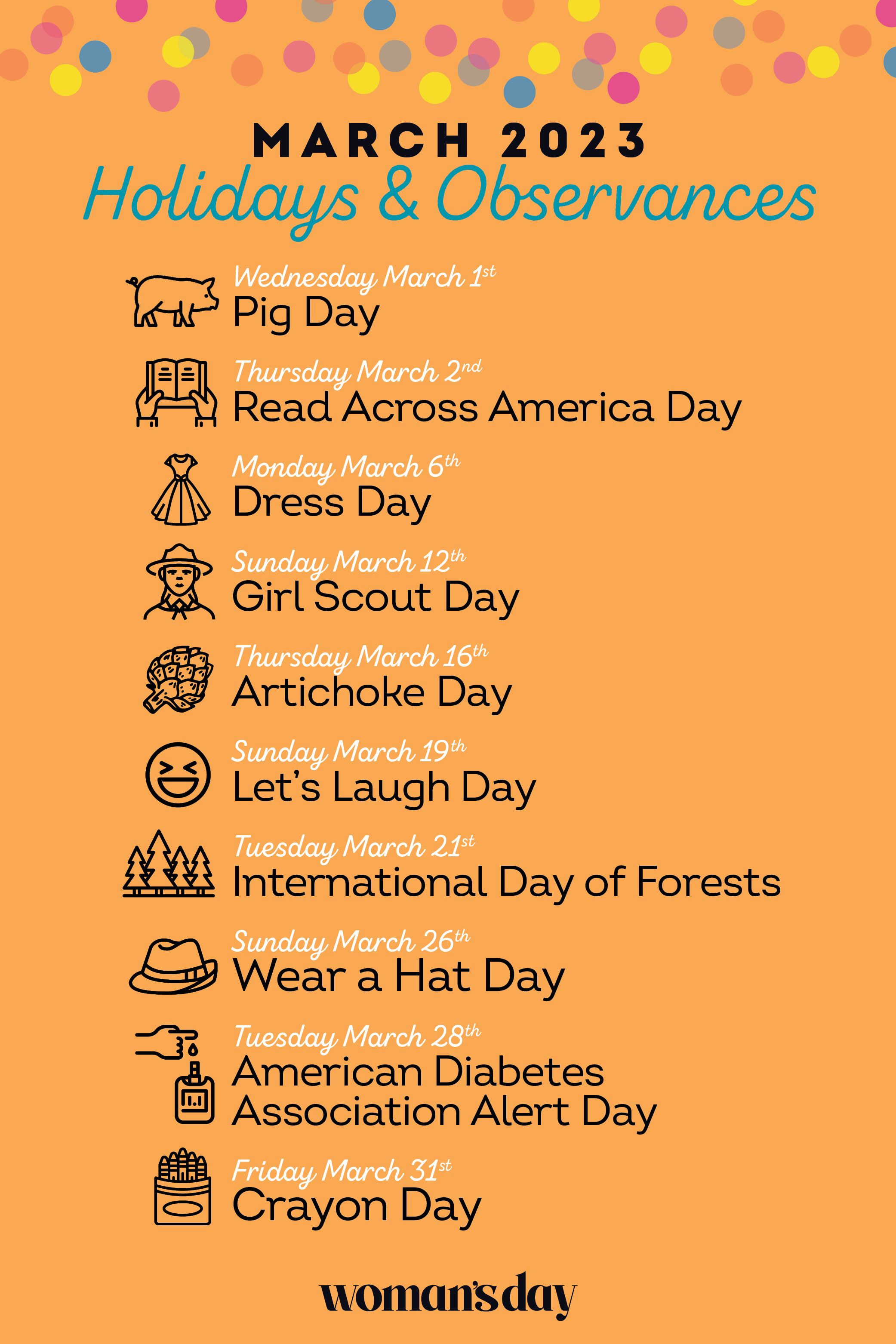Holidays on March 8: Global Celebrations & Traditions
March 8 is recognized worldwide as a day of significance that resonates with various cultural and social themes. Primarily known for International Women’s Day, this date is a tapestry woven from diverse traditions that reflect the multifaceted nature of gender equality, commemorate achievements, and advocate for change. Throughout the globe, this day is a robust reminder of the ongoing struggles and victories in the realm of championing women’s rights. Let’s delve deeper into the celebrations, customs, and advocacy efforts that mark this poignant day.
Global Initiatives and Advocacy
International Women’s Day was first celebrated in the early 20th century, stemming from the labor movements in North America and Europe. Over time, it burgeoned into a global celebration officially adopted by the United Nations in 1977. This initiative fosters awareness about women’s rights and encourages activism against gender inequality. On March 8, numerous events take place in various countries—from marches and rallies to seminars and award ceremonies—spotlighting extraordinary women and their quintessential contributions to society.
In today’s world, the significance of this day transcends far beyond mere celebrations. It serves as a platform for countless organizations to highlight critical issues such as workplace equality, gender-based violence, and reproductive rights. For instance, campaigns encourage the public to use social media to raise awareness about gender disparity, urging individuals to participate by posting stories and sharing experiences. Engaging the youth in these conversations is crucial, laying the groundwork for future generations to continue the pursuit of equality.
Cultural Traditions Across the Globe
The observance of International Women’s Day varies remarkably by culture, showcasing the distinct traditions tied to this global event. In some countries, particularly in Eastern Europe, March 8 has been a public holiday for decades. For example, in Russia, Women’s Day is celebrated with great fervor as a means to honor mothers, daughters, and grandmothers alike. Children often present flowers, signifying respect and admiration—sparking a delightful atmosphere filled with joy and appreciation.
In Italy, the day is marked by the gifting of yellow mimosa flowers, symbolizing the strength and resilience of women. This floral tradition has candescent roots, emerging during World War II as a means to commemorate feminist struggles. In contrast, in countries like Kenya, the day assumes a more assertive tone with empowerment rallies showcasing women’s rights to land ownership and economic independence. Here, local leaders and activists gather to voice issues pertinent to their communities, reflecting an amalgamation of celebration and advocacy.
Rituals of Remembrance and Reflection
March 8 is not merely about celebration; it also involves contemplation of sacrifices made throughout history in the struggle for gender equality. In many parts of the world, people pause to remember women who have fought valiantly for rights and opportunities. Educational institutions often hold discussions or workshops centered around pivotal figures in the feminist movement, allowing younger generations to learn about the historical context of the advancements achieved over the years.
This reflective aspect encourages communities to acknowledge not just the successes but also the work that remains. Engaging narratives surrounding specific movements, such as the suffrage movement or contemporary feminism, fosters a sense of responsibility to continue the fight for full representation in all aspects of life. The stories of women who have broken barriers are shared widely, serving as a reminder of the continuous evolution toward gender equity.
A Future Shaped by Inclusivity
As March 8 continues to evolve, it becomes increasingly essential to ensure that inclusivity remains at the forefront of the celebrations. Recognizing diverse voices, including those from marginalized communities, enriches the discourse and fosters a more comprehensive understanding of gender equality. As societies progress, the inclusion of intersectionality in conversations surrounding women’s rights paves the way for a more just world. The call for solidarity and unity, regardless of cultural or social backgrounds, becomes paramount in the experiences articulated on this day.
In conclusion, March 8 stands as a symbol of resilience, reflection, and reclamation. It fosters a global conversation that resonates with generations of women’s stories and achievements. By embracing the myriad of traditions and recognizing the necessity for continual advocacy, society moves one step closer to achieving true equality—a goal that is not solely for one day but rather a commitment that should echo throughout every facet of life.
You May Also Like
Best Fish to Catch in Australia: A Guide for Anglers
Australia boasts an extraordinary diversity of fish species, making it …
Emily Bay Norfolk Island: A Hidden Gem in the Pacific
Emily Bay, a picturesque enclave nestled on the sun-kissed shores of …
Holidays on August 23: Global Festivities & Observances
August 23 is a date that carries a bouquet of cultural significance …





